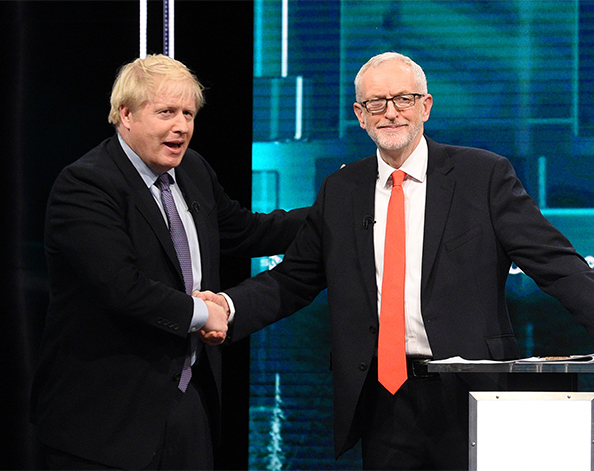Rarely has a general election been characterised by such radically contrasting policies across the political spectrum. A potentially watershed moment for the UK, the outcome will not only determine the shape of the next parliament but also the country’s direction for decades to come. We take a look beyond the dominant issue of Brexit to examine the central policies affecting both individuals and businesses.
Individuals
For individuals, the electoral result will have profound implications on areas including investment and inheritance taxes, private education and pensions. Here is an overview of the most prominent proposals.
Businesses
All three main political parties have made significant pledges to invest in the infrastructure required to drive business growth across the country, to support start-ups and to stand up for SMEs. But the divergence between their core business policies is considerable. We outline what those policies are and what they might mean.
The main parties’ manifestos will be pivotal for shaping both the near and long-term future of the UK. Even though Brexit has dominated the election campaign, some of the main parties’ domestic policies have the potential to be equally as far-reaching in their impact on individuals and businesses. With the election result still all to play for, it remains to be seen which set of proposals have any chance of being implemented and which government will have to provide the answers to the many questions these ambitions raise.
Browse articles in
Please note: This page is provided for information purposes only and should not be construed as an offer, or a solicitation of an offer, to buy or sell financial instruments. This page does not constitute a personal recommendation and is not investment advice. Any predictions, or forecasts expressed are based on significant judgement and analysis of available information at the time of writing and actual outcomes may be materially different and may be affected by political, economic or any other relevant circumstance changes.


